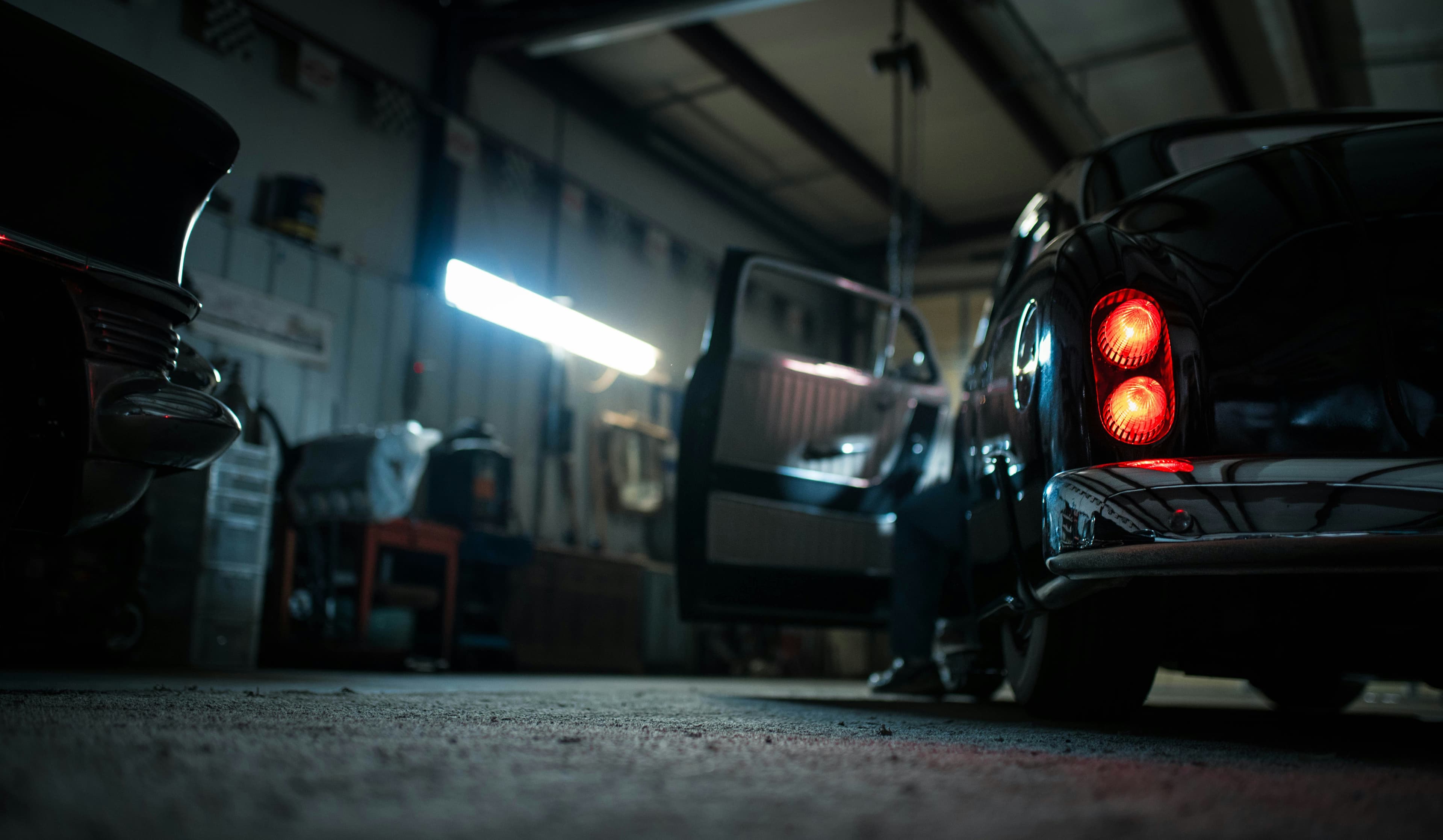10 Essential Tips for Regular Car Maintenance to Boost Performance
Regular car maintenance is crucial for ensuring your vehicle's longevity, safety, and performance. Neglecting your car can lead to costly repairs, decreased fuel efficiency, and even dangerous driving conditions. Here are 10 essential tips to keep your car running smoothly and efficiently.
1. Regular Oil Changes
Oil is the lifeblood of your car's engine. It lubricates moving parts, reduces friction, and helps keep the engine cool. Over time, oil breaks down and becomes contaminated, which can lead to engine damage. Most manufacturers recommend changing the oil every 5,000 to 7,500 miles, but check your owner's manual for specific recommendations.
2. Check Tire Pressure and Tread Depth
Proper tire maintenance is essential for safety, fuel efficiency, and the longevity of your tires. Check your tire pressure monthly, including the spare, and before long trips. Use a quality tire gauge and inflate to the recommended pressure found in your owner's manual or on the tire information sticker in your vehicle. Also, check your tires for uneven wear and tread depth regularly.
3. Replace Air Filters
Your car's engine and cabin air filters prevent dust, pollen, and other pollutants from entering. A clogged air filter can reduce fuel efficiency, horsepower, and even cause the engine to run rough. Check your air filters every 12,000 to 15,000 miles and replace them as needed.
4. Maintain Fluid Levels
Besides engine oil, your car relies on several other fluids, including coolant, brake fluid, power steering fluid, and transmission fluid. Check these fluids regularly and top them off or replace them as needed. Low or dirty fluids can lead to poor performance and even damage your car's components.
5. Inspect Brakes
Your car's braking system is critical for safety. Listen for any unusual noises when braking, and pay attention to any changes in braking performance. Have your brakes inspected at least once a year, and replace pads or other parts as recommended by your mechanic.
6. Keep It Clean
Washing your car isn't just about aesthetics. Removing dirt, salt, and other contaminants can prevent rust and paint damage. Don't forget to clean the interior, too, as built-up dirt and debris can cause wear and tear on upholstery and controls.
7. Check Belts and Hoses
Belts and hoses are vital to your car's cooling, air conditioning, and charging systems. Check them for signs of wear, such as cracks, fraying, or leaks. Replace any damaged parts promptly to avoid breakdowns or serious engine damage.
8. Replace Spark Plugs
Spark plugs are responsible for igniting the air/fuel mixture in your engine. Worn or dirty spark plugs can cause misfires, reduced fuel efficiency, and poor performance. Check your owner's manual for the recommended replacement interval.
9. Use the Right Fuel
Using the correct grade of fuel is important for your car's performance and longevity. Higher octane fuels are not necessarily better for all cars. Refer to your owner's manual for the manufacturer's recommendation.
10. Follow the Service Schedule
Your car's service schedule is designed to keep it running smoothly and efficiently. Adhering to this schedule can prevent major issues and help maintain your car's value. Keep a record of all maintenance and repairs for future reference.
Regular maintenance is the key to extending the life of your car, improving its performance, and ensuring your safety on the road. By following these 10 essential tips, you can keep your vehicle in top condition and enjoy a smoother, more reliable ride.
